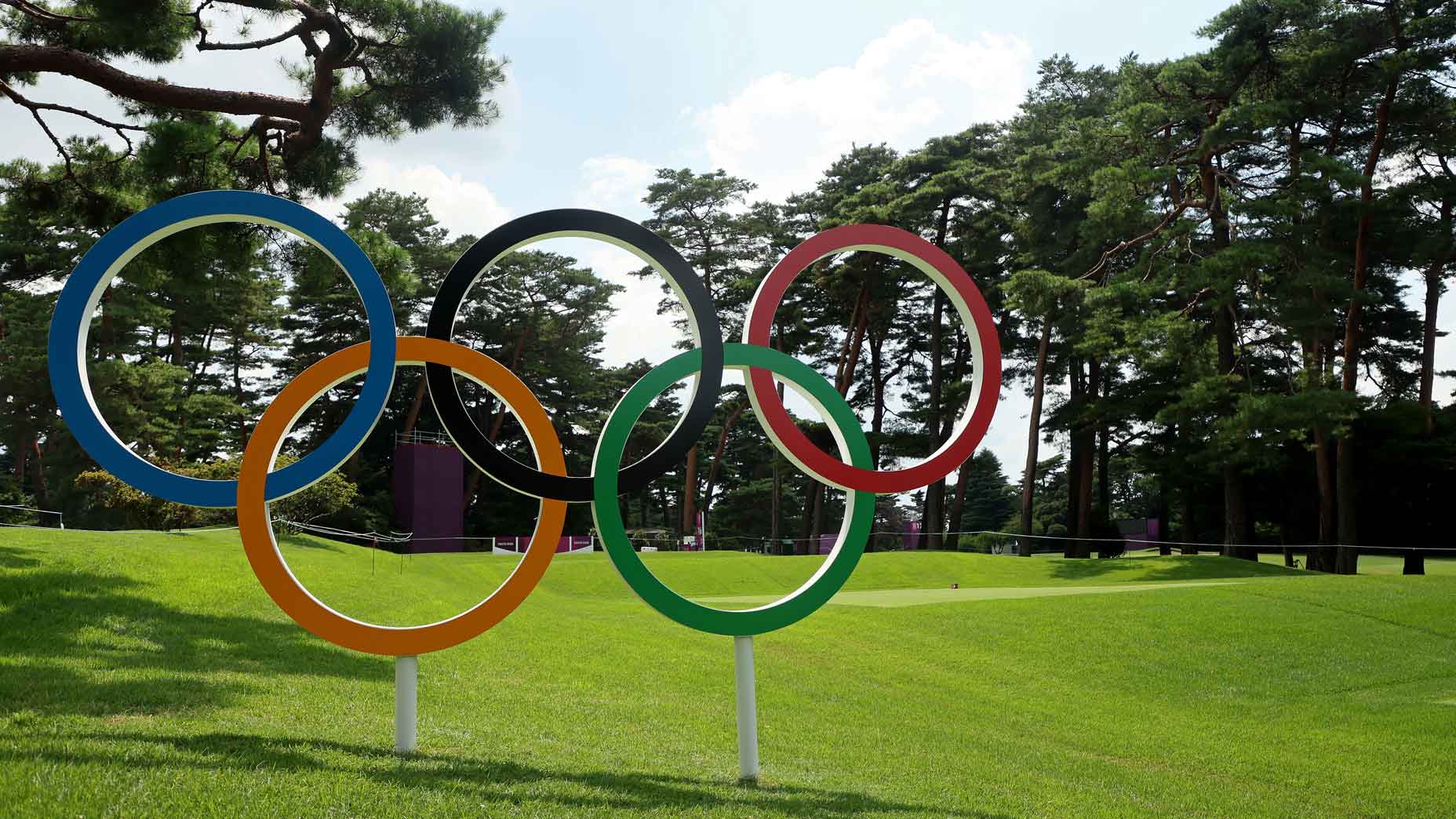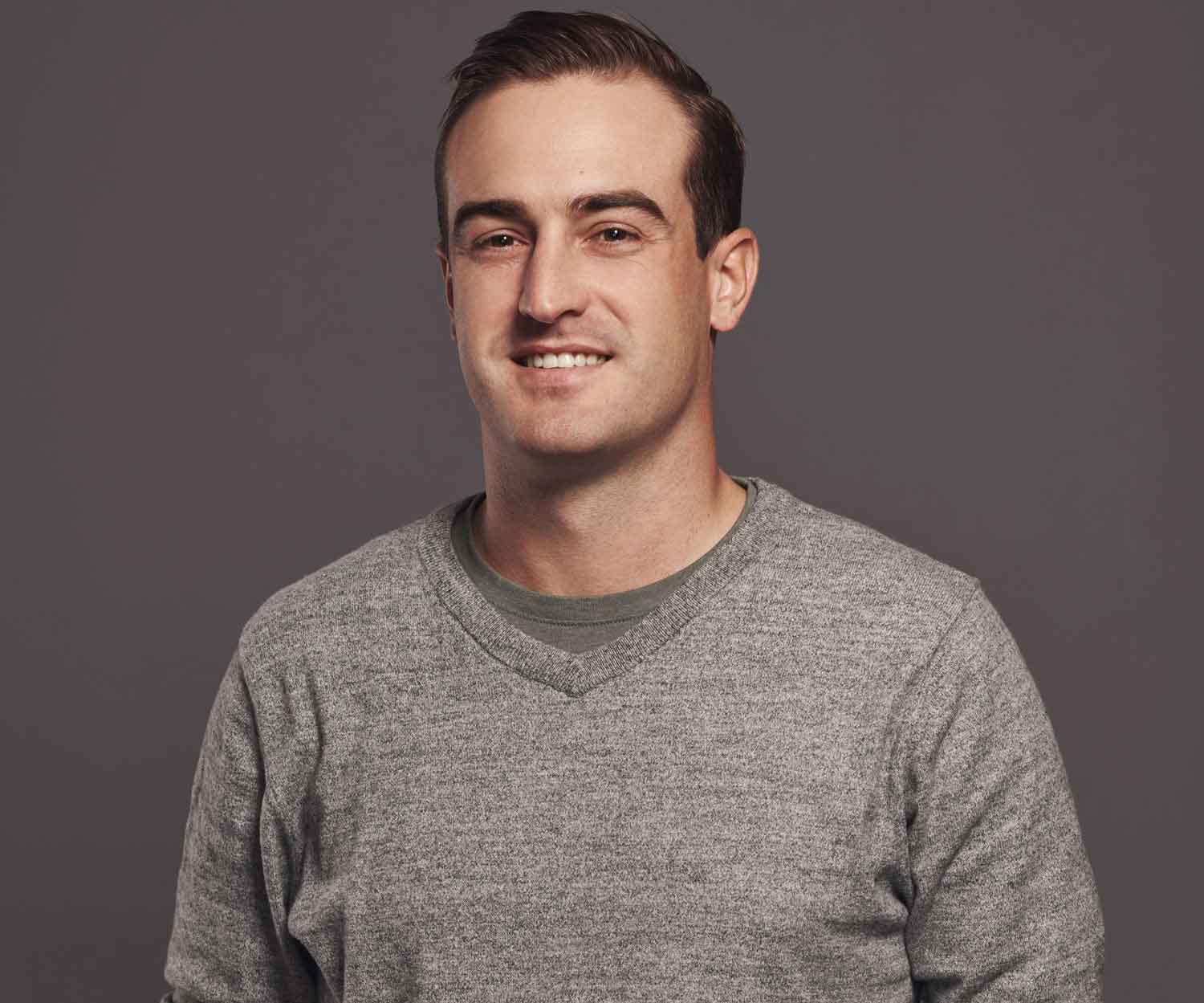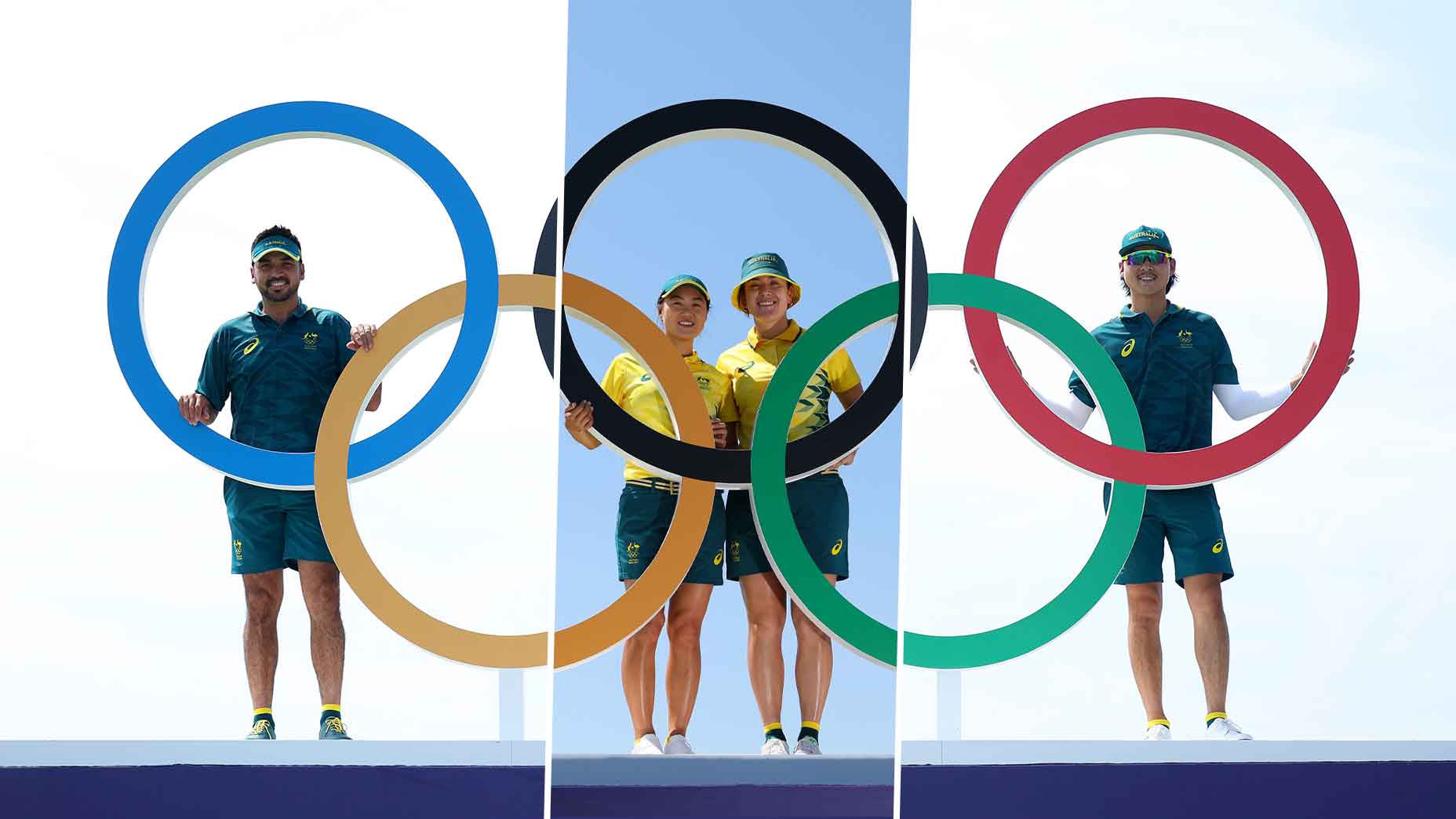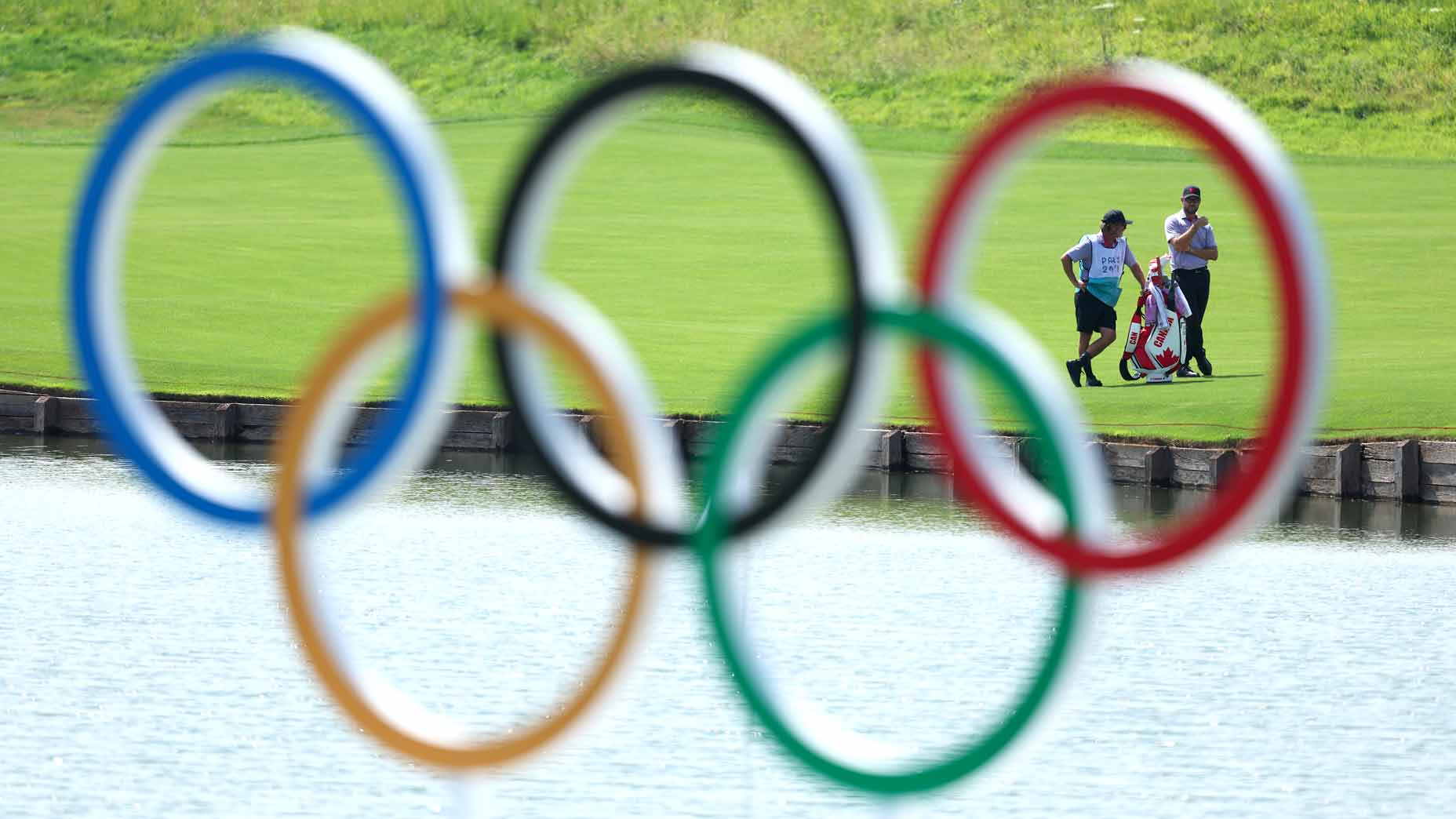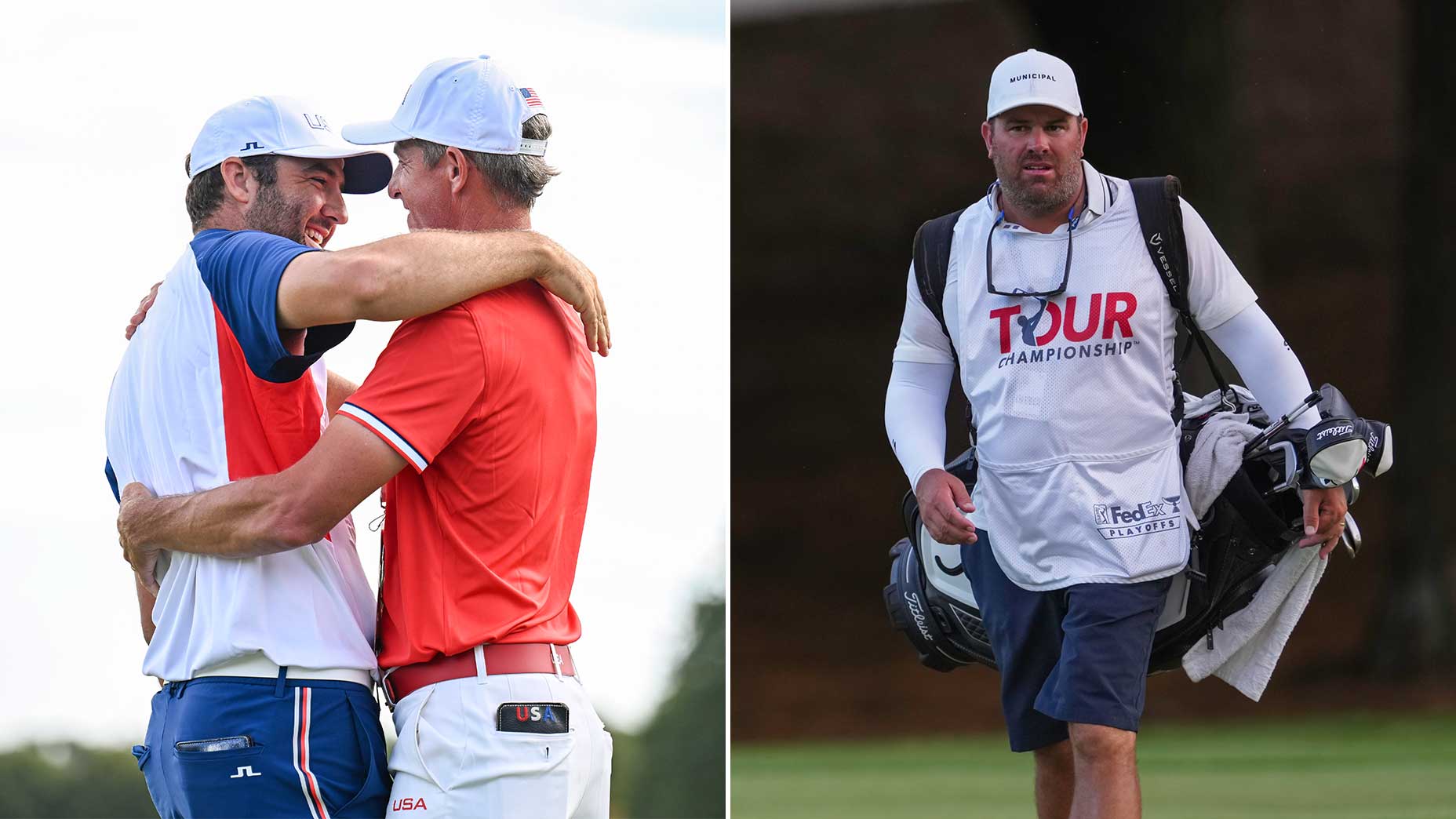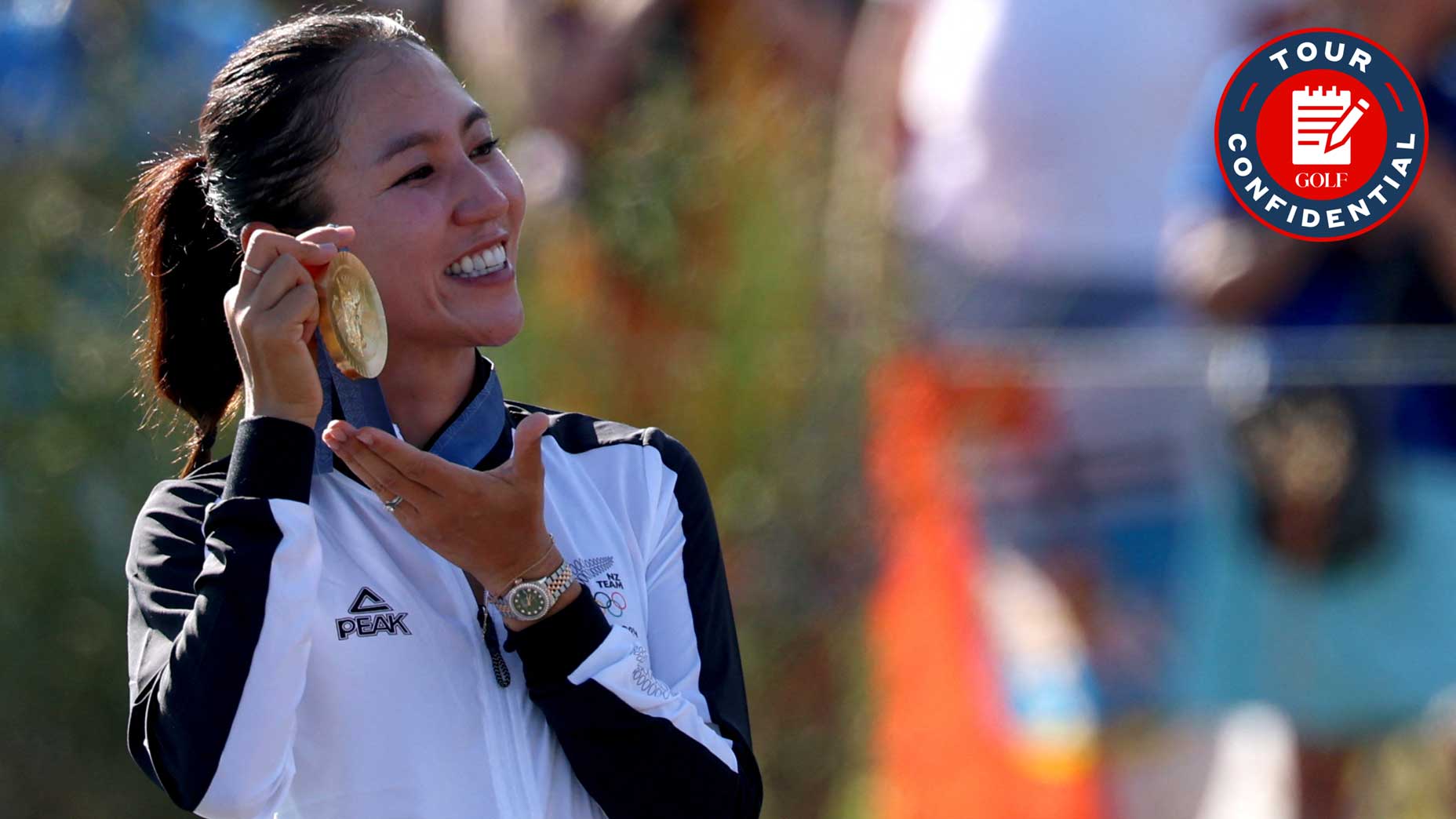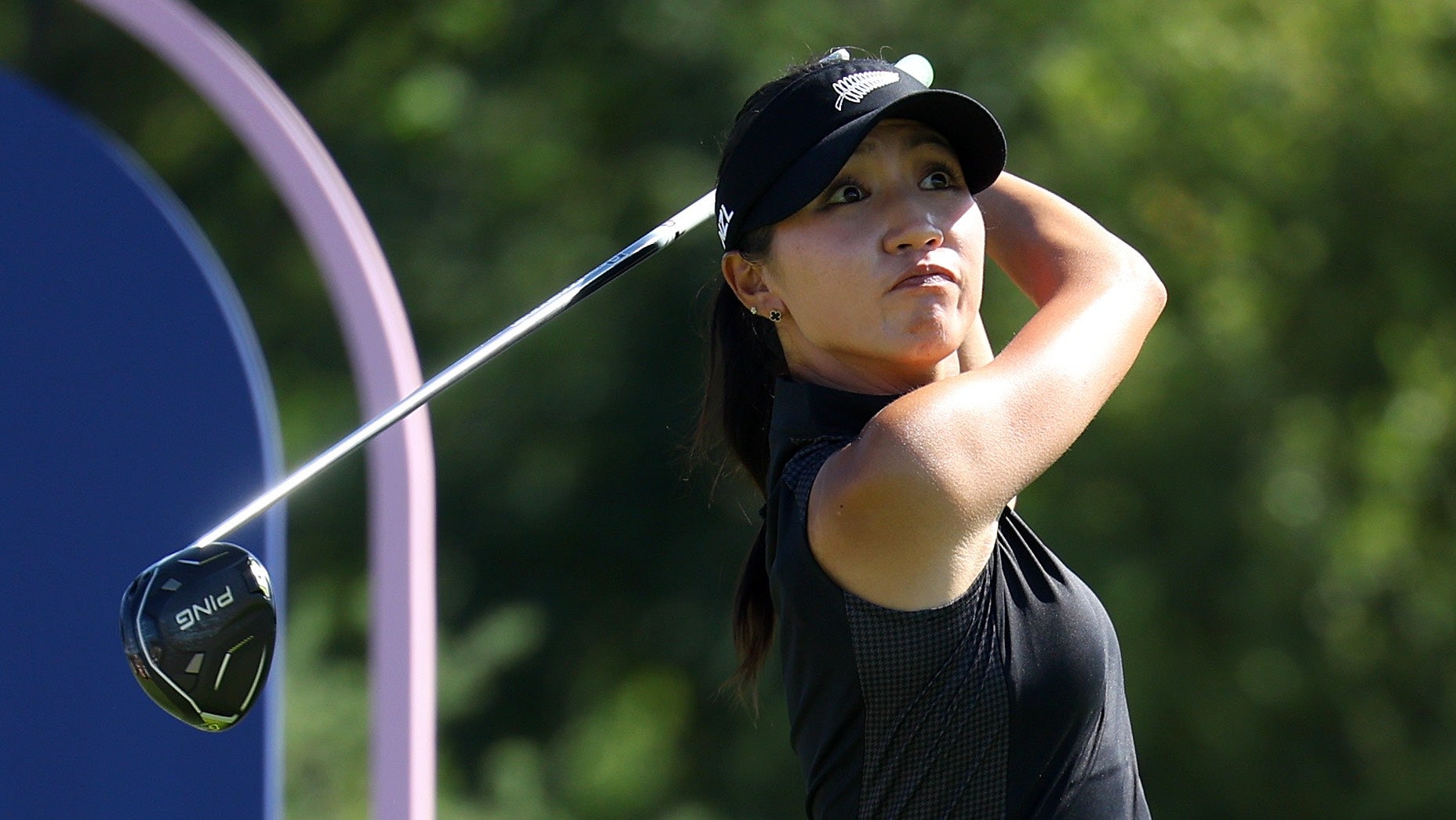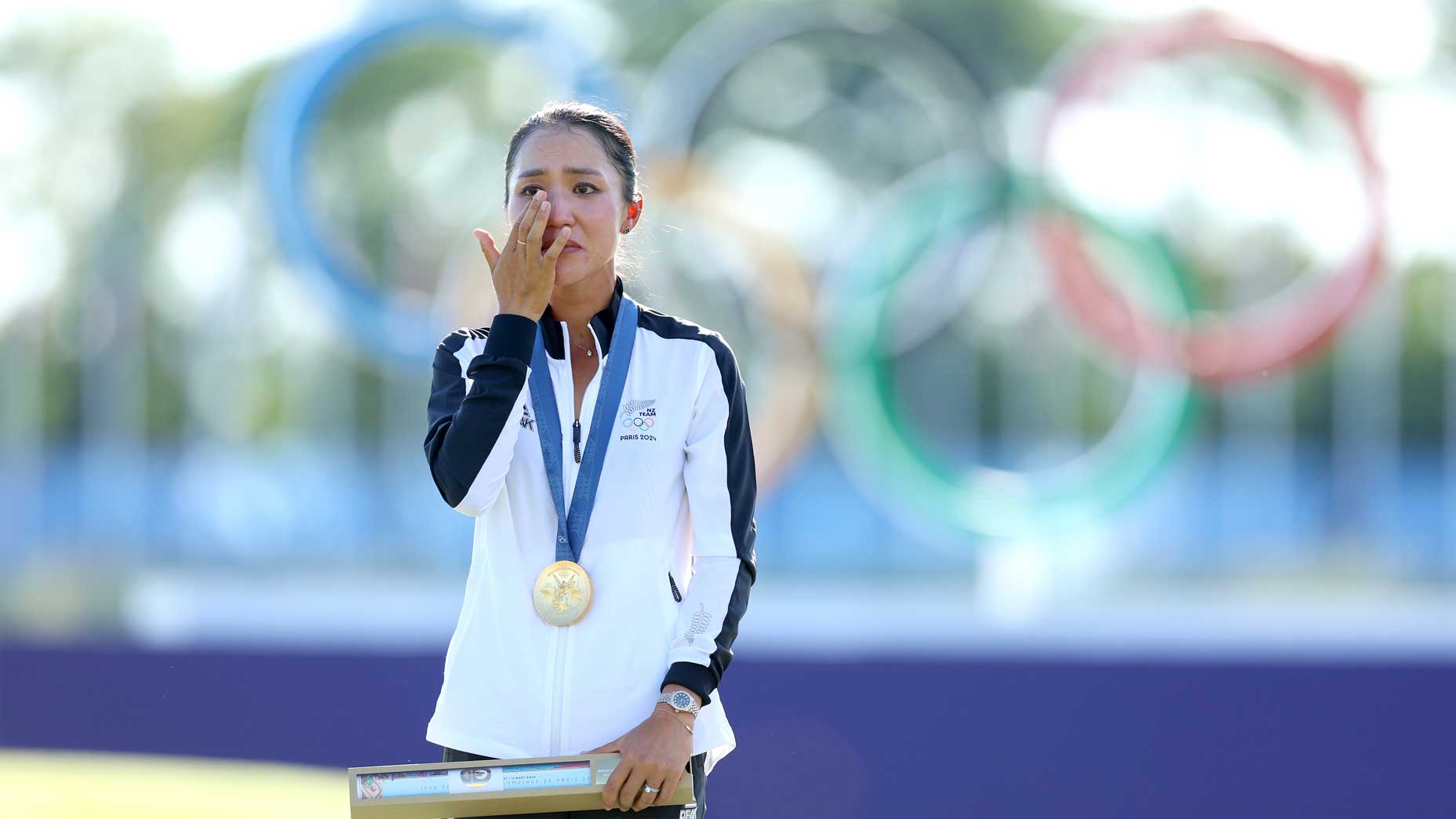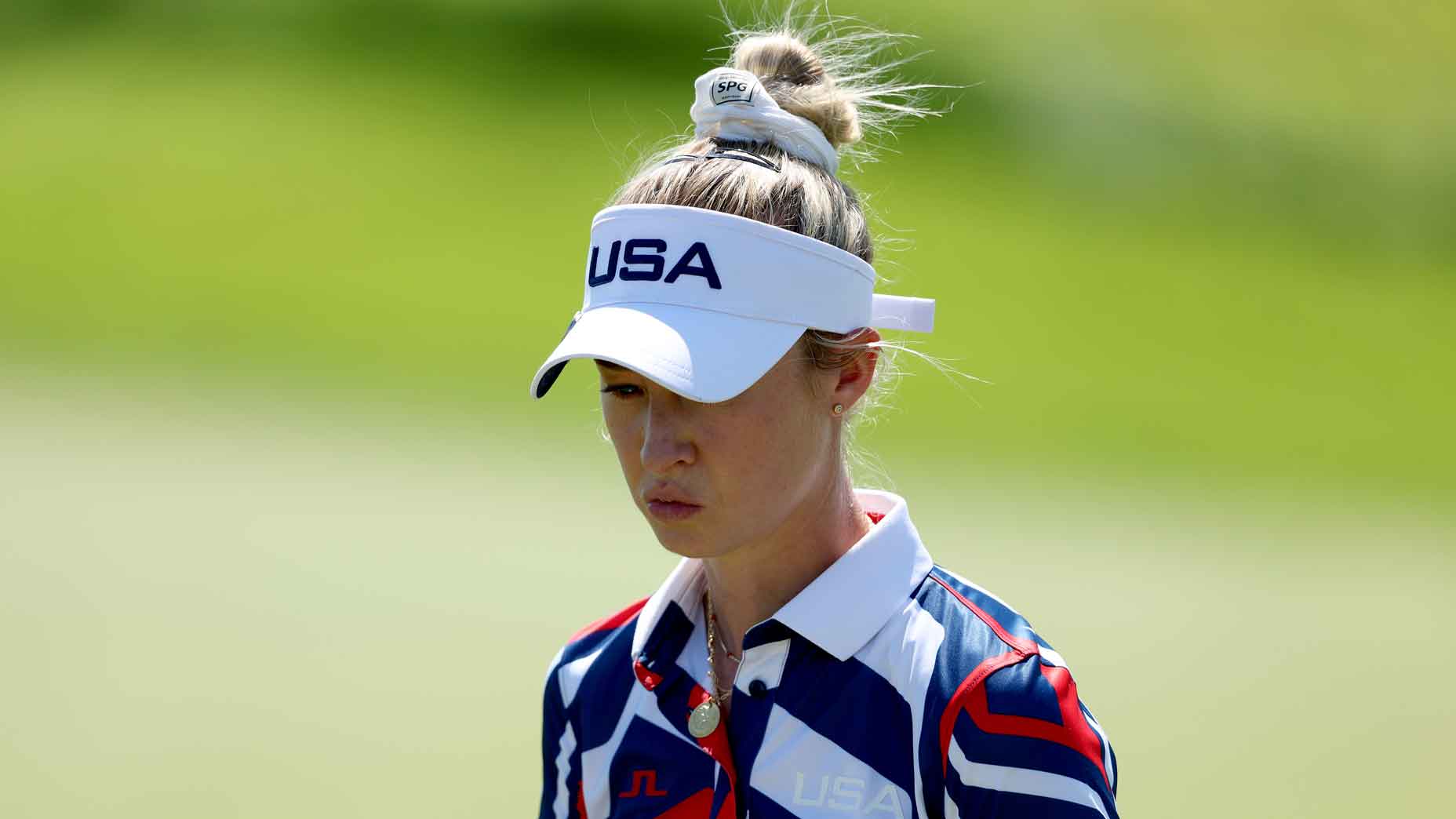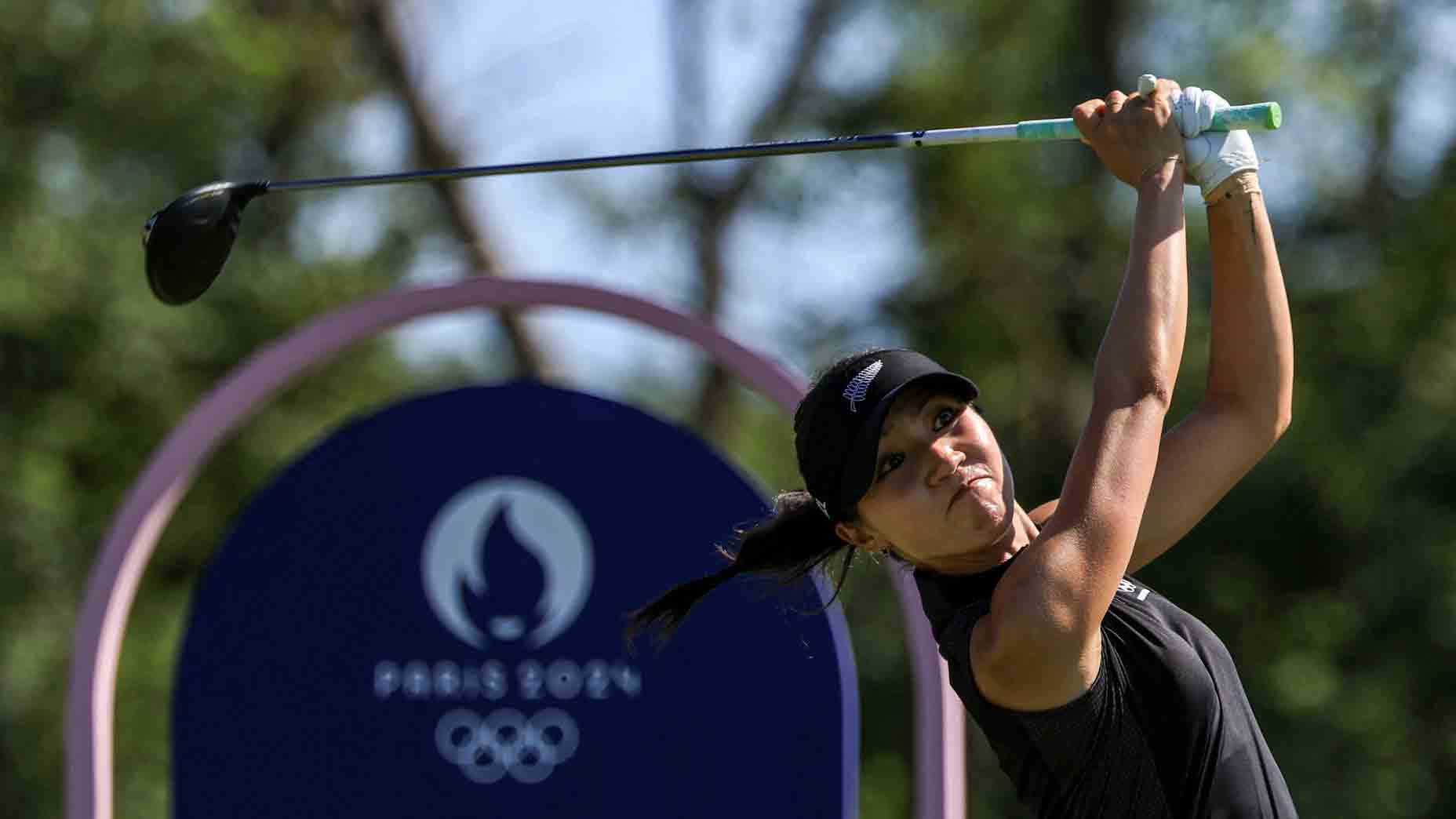KAWAGOE, Japan — If a normal week on the PGA Tour has a few hoops to jump through, arriving at the Olympics will feel a lot more like an obstacle course. Any number of things can derail your Olympics. Just ask Bryson DeChambeau. Or Jon Rahm.
There are the two Covid tests required just to board any plane departing for Japan. Both results must be certified by a medical professional and signed onto a special Japanese Government waiver, and both need to take place within 96 hours of departure. Reasonable enough, but none of this is rapid testing. We’re talking PCR tests, the kind that often are not validated for 24-48 hours.
There’s the health monitoring app that isn’t really working for everyone arriving from overseas, and the dozen or so airport checkpoints where your credential and tests are verified over and over and over. Are you in the right location? Do you have the right forms? Here’s one more test to make sure Covid hasn’t arrived during your 20-hour commute. And that’s just to get through airport customs, a process that has taken athletes as long as six to seven hours to complete.
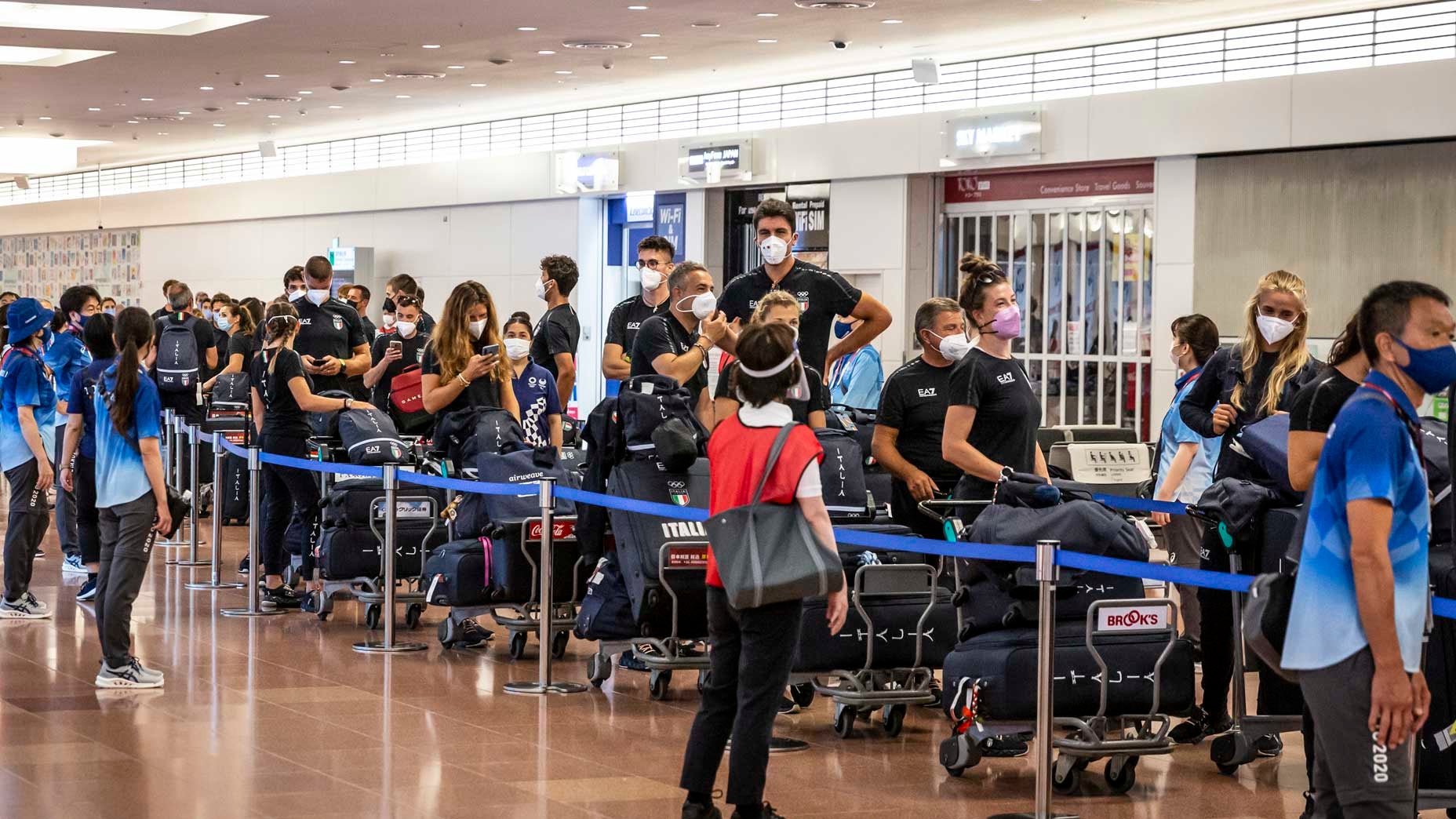
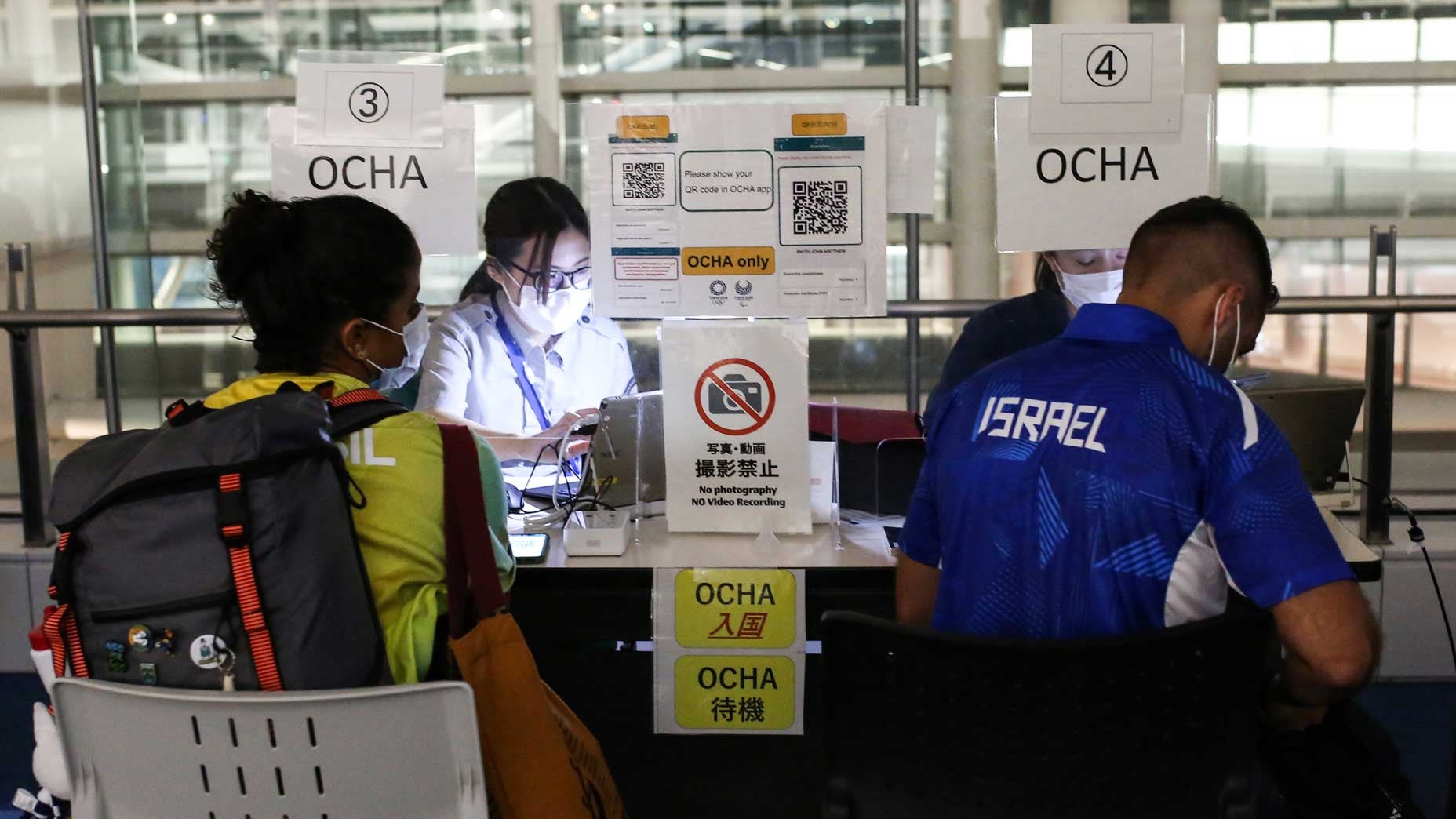
Those Covid-fighting vaccines are great protection, but they’re otherwise meaningless in Tokyo. The same rules apply for everyone, vaxxed and unvaxxed. Masks on, almost all the time, even when using the Village workout facilities. The guidelines are serious, and locals have also literally been asked by organizers to report anyone shirking the regulations. When athletes from Kyrgyzstan and Tajikistan refused to mask up during the Opening Ceremony, an Olympic spokesperson had to answer for it afterward. The kids had been acting up during recess.
All the tests, all the location monitoring, all that down time, plus no fans and no purse money. Most competitors are thousands of miles from home. This is what Louis Oosthuizen was talking about in his headliner quote from the 3M Open: “They didn’t really make it easy for us.” Organizers would say, that’s kinda the point. For the golfing delegate in Tokyo, this won’t just be the weirdest week of their season. It’ll be the weirdest week of their careers. And if that wasn’t enough, Tropical Storm Nepartak is expected to make landfall by Tuesday.
It will be easy for those who stayed home, or anyone from the majority-vaccinated world, to wonder if all of this is necessary — Tour pros scoffed at lesser restrictions during the Open Championship — but the scale of the event basically implies it. There are 11,000 athletes, 6,000 media members and thousands of volunteers and officials milling about while the Delta variant of the coronavirus has continued to spread. Thursday saw a six-month high for new cases here in Tokyo, and more than 130 people involved with the Games have already tested positive for the virus, 58 of those in the past four days alone.
With that in mind, the 70-page document known as the Athlete Playbook seems a lot more reasonable than it did weeks ago. One of its stipulations asks competitors on off days to avoid using the dining facilities during busy times, because the day’s actual competitors might be eating then. Athletes are tested every single day, which might explain why so few golfers were on hand for the Opening Ceremony. It’s pretty safe to be here, but if you don’t have to be …
Much of the discourse surrounding golf at this Olympics has been about those restrictions and the players who wanted nothing to do with them. But what about the actual Olympians? Mel Reid skipped a major championship to ensure she could be here. She called it a “once in a lifetime opportunity.” A pal of Reid’s, Rory McIlroy, is clearly conflicted with any sort of Irish nationalism, but he believes the Olympics mean something for golf’s future, and he wants in after skipping in 2016. It means something to Rafa Campos alright. His Instagram bio screams at you in all caps: “1st PUERTORRICAN @tokyo2020.” He wasn’t on hand for the Opening Ceremony, but got all dressed up in his hotel room anyway.
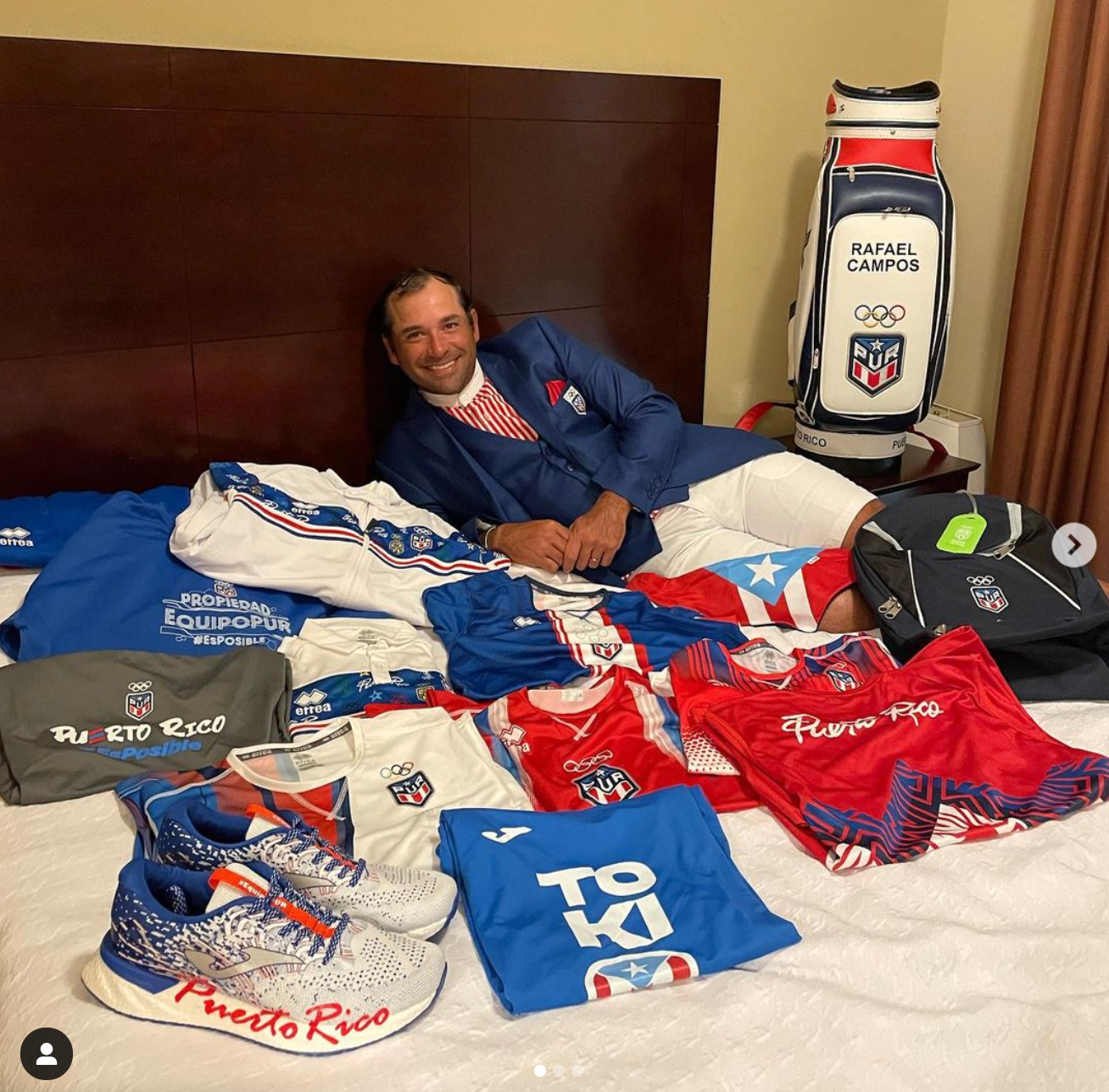
Like Reid, Mexico’s Gaby Lopez also skipped the Evian Championship, just so she could be a flag-bearer at the Opening Ceremony. The idea alone gave her chills, not to mention what she actually felt when it was happening. “It’s such an honor to be here today,” she said after strutting, hopping around and taking endless selfies in Japan’s National Stadium. “I feel like we have the whole country with us. It means that all the effort has paid off.”
The effort is just beginning, Gaby! She has another 13 tests to take, 13 days of sleeping on the recyclable bedding and about 26 90-minute commutes to and from Kasumigaseki Country Club. She was out on the driving range Sunday afternoon, grinding alone, 10 days before her competition starts. Perhaps when it all comes to an end on Aug. 7, she’ll be itching to leave. But she also might have a medal around her neck, the kind of thing that’s endlessly worth the hassle others chose to avoid.
